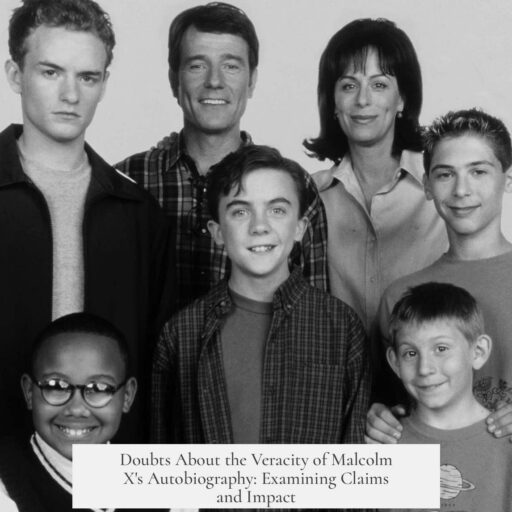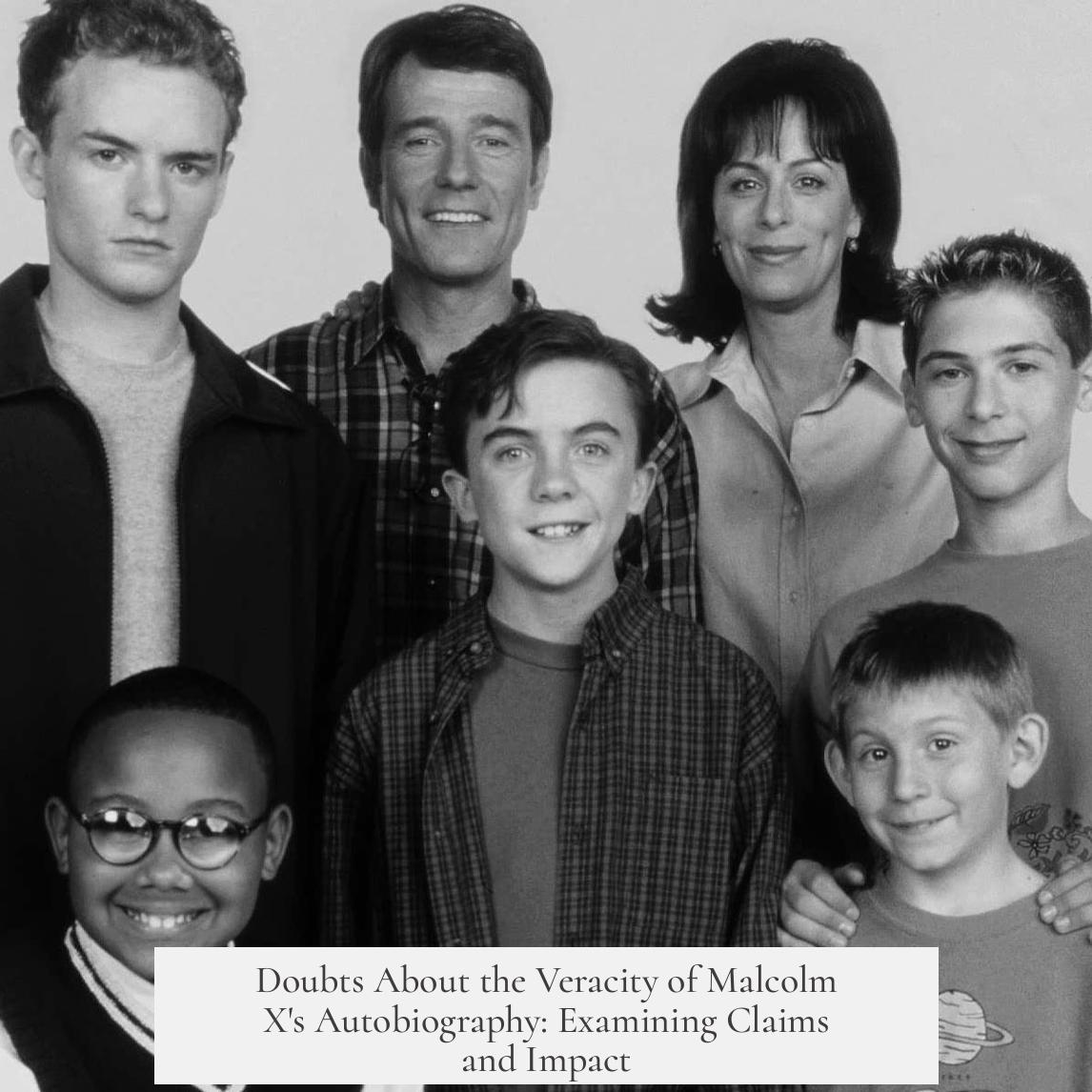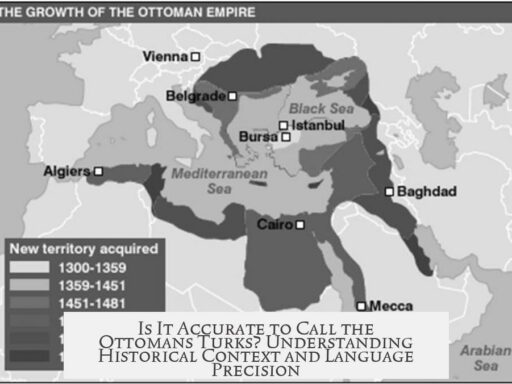The veracity of The Autobiography of Malcolm X stands on solid ground, supported by direct involvement and control from Malcolm X himself throughout its creation alongside Alex Haley. Malcolm demanded that nothing enter or leave the manuscript without his approval. This collaboration produced a chronological, comprehensive account of his life, free from fabricated elements inserted by Haley.
The partnership began with Haley proposing an autobiographical format. Initially viewed as a favor, the project gradually became important to Malcolm. Haley shaped the book’s narrative by steering interviews toward events and themes that readers would find compelling. Despite their political differences, Harold Haley respected Malcolm’s voice and decisions, emphasizing that the manuscript contained only Malcolm’s words.
Haley’s role was primarily editorial and narrative-driven. He trimmed extensive interviews into a smooth, readable story without inventing content. The autobiography’s closing epilogue, penned by Haley, documents their collaboration as a union of mutual trust. This relationship ensures that The Autobiography reflects Malcolm’s true perspectives and experiences.
Some critics, such as Manning Marable, suggest that Haley’s influence resulted in ideological bias or “whitewashing.” However, this claim lacks solid evidence. Marable’s critique attempts to portray Haley as a politically motivated figure, using terms like “Black Republican” in the 1960s context, but his analysis does not demonstrate that Malcolm’s story was altered dishonestly.
Additionally, the autobiography candidly discusses Malcolm’s flaws and mistakes. It does not sanitize his life but offers a “warts-and-all” narrative. This openness counters accusations that the book whitewashes Malcolm’s past.
Alterations were made during collaboration, notably the removal of three radical essays endorsing Black nationalism and the Nation of Islam’s views. Malcolm insisted on these deletions after returning from his pilgrimage to Mecca. He replaced these with an account of the Mecca experience, which shifted his ideology toward a broader, less racially simplistic view.
Malcolm’s private letters to Haley confirm this transformation. He recognized that the “white man” was a metaphor for oppressive behavior rather than a purely racial category. No evidence shows Malcolm intended to reinstate the deleted essays before his assassination.
However, some skepticism surrounding Haley’s reputation colors assessments of the autobiography. Haley faced controversies over his authorship of Roots, such as plagiarism claims and allegations of fabrications. Moreover, conspiracy theories suggest Haley had CIA connections, but no concrete proof links such claims to distortions in Malcolm’s autobiography.
Friends, family, and former Nation of Islam associates have sometimes challenged specific details in the book. Public records occasionally diverge from the narrative. Yet, no substantial discrepancies undermine the autobiography’s overall authenticity or Malcolm’s voice.
Importantly, these doubts do not apply equally to Haley’s works. While Roots faces documented issues, The Autobiography of Malcolm X bears the clear mark of Malcolm’s supervision and intention. The book remains a profound and largely truthful self-portrait.
| Aspect | Verdict |
|---|---|
| Malcolm’s control over content | High—Malcolm approved all inclusions and exclusions |
| Haley’s editorial influence | Significant—shape and narrative coherence; no evidence of fabrication |
| Claims of ideological bias | Unsupported by evidence |
| Alterations during collaboration | Made by Malcolm to reflect ideological evolution |
| Haley controversies (CIA, plagiarism) | Exist but unrelated to autobiography’s core authenticity |
| Contradictory testimonies and records | Some exist; minor inconsistencies; no major impact on veracity |
- The autobiography is a largely authentic, first-person account carefully supervised by Malcolm X.
- Haley edited and shaped the narrative without inventing or erasing Malcolm’s intentions.
- Criticisms of ideological distortion lack supporting evidence.
- Major content changes reflect Malcolm’s evolving views after his pilgrimage to Mecca.
- Haley’s other disputed works do not discredit the autobiography’s trustworthiness.
- Minor contradictions exist but do not undermine the book’s overall truthfulness.
Is There Reason to Doubt the Veracity of the Autobiography of Malcolm X?
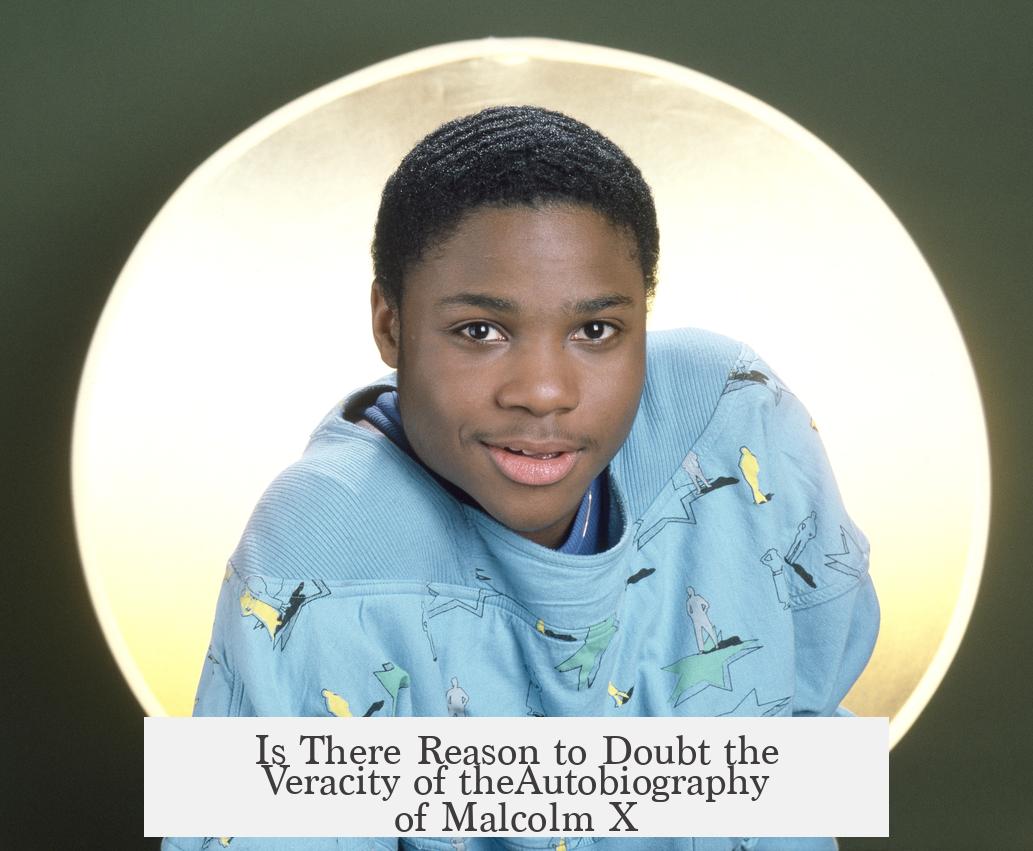
In a nutshell: No, there is little reason to doubt the core truth of The Autobiography of Malcolm X. This seminal work stands as a collaborative and honest account of Malcolm’s life, strongly controlled by him and reflecting his words and intentions. Yet, the story behind its creation and the people involved adds intriguing layers worth unpacking.
Let’s take a closer look at this literary giant and explore whether the autobiography’s authenticity faces real challenges or just hearsay.
The Dynamic Duo: Malcolm X and Alex Haley’s Collaboration
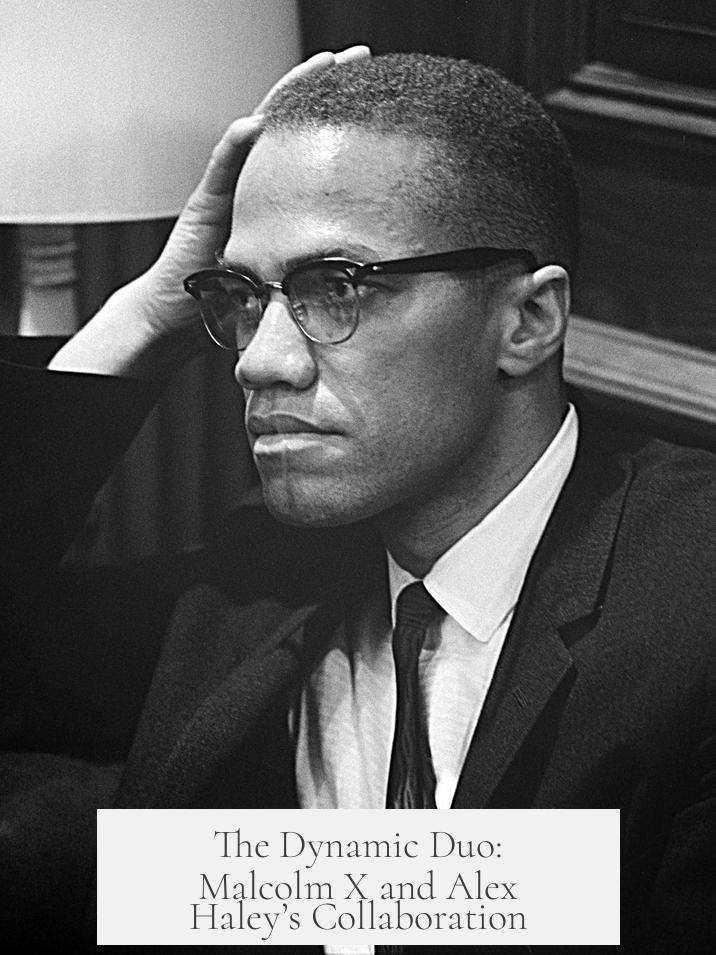
You might think ghostwriters sneakily insert their own ideas. But here’s the scoop: Alex Haley, a liberal Black Christian writer, didn’t invent or erase Malcolm’s stories willy-nilly. Malcolm himself explicitly insisted on this.
“Nothing can be in this book’s manuscript that I didn’t say and nothing can be left out that I want in it.”
This promise shines as a beacon through the text. Haley’s role? He was an editor, a guide, and a narrative ship’s captain steering Malcolm’s sprawling conversations into one compelling story. Though Haley nudged conversations and steered topics, evidence shows Malcolm had final say on what made it into the pages. The result? A rich, chronological, and complete autobiographical journey.
Haley’s Influence: Crafting a Legend Without Mythmaking
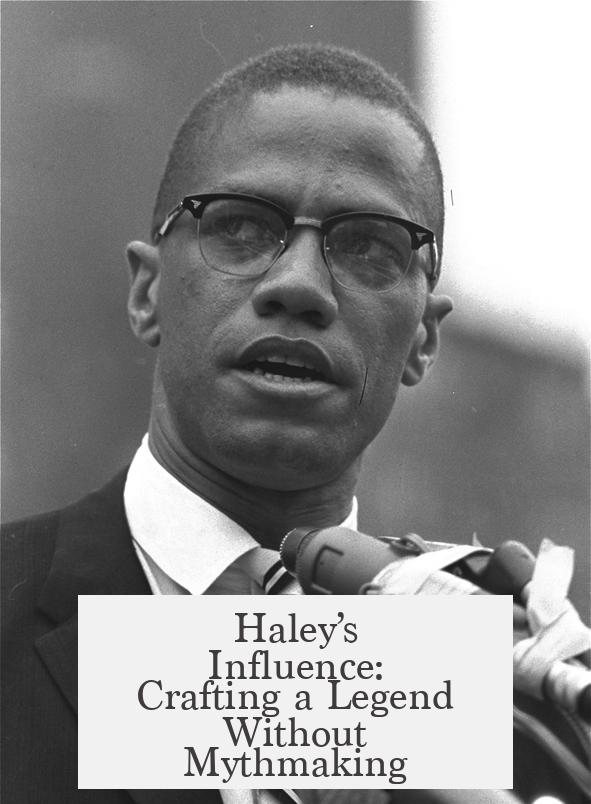
Sure, Haley had an idea of what readers might want. His questions and requests sometimes redirected Malcolm’s thoughts. But this collaboration wasn’t an ideological tug-of-war. It was a genuine, evolving friendship and partnership. Haley described it openly in a detailed epilogue, revealing the writers’ dynamic from his perspective.
Just imagine the challenge: weaving a complicated life story from extensive talks while honoring Malcolm’s voice. Haley succeeded not by fantasy but by skill, keeping the narrative faithful and timely during a pivotal moment in Malcolm’s transformation.
Criticism and Claims of Bias: Separating Fact From Fiction
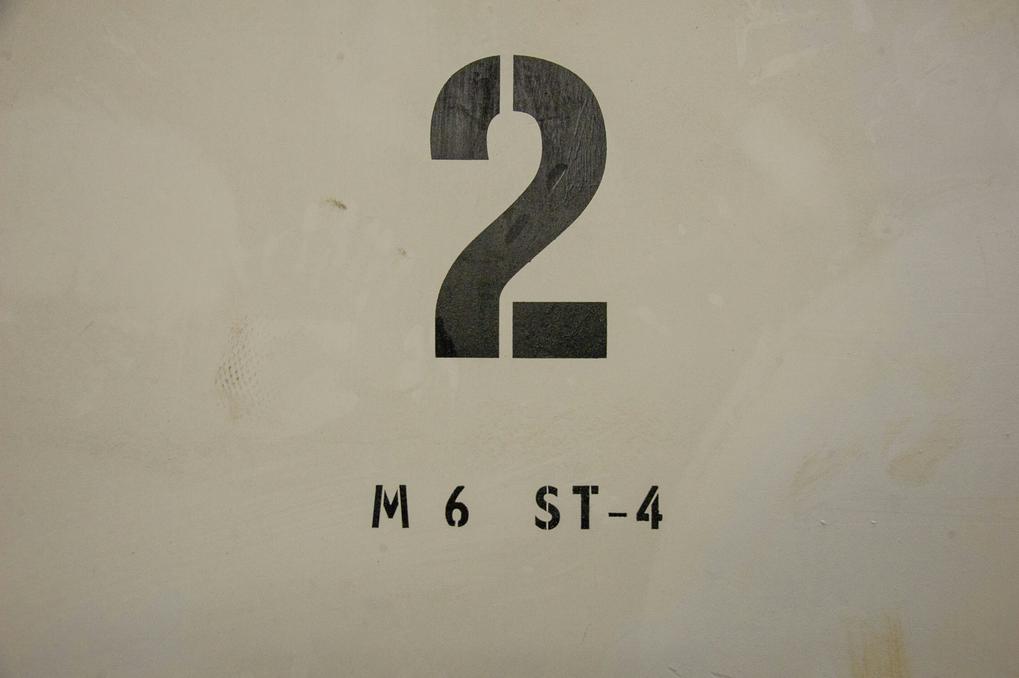
Later analyses, especially Manning Marable’s biography Malcolm X: A Life of Reinvention, paint Haley as an ideological manipulator, even labeling him a “Black Republican”—a term with shifting meanings in the 1960s.
But here’s the kicker: community organizer Bill Strickland’s deep dive into Marable’s arguments reveals a lack of evidence for any so-called “whitewashing.” The autobiography doesn’t shy away from Malcolm’s flaws—it’s a “warts-and-all” account, not a polished hagiography.
Marable points out that the book originally ended with fiery essays pushing black nationalism. However, post-Mecca, Malcolm asked Haley to remove those radical pieces. Instead, the narrative climaxed with his transformative pilgrimage, showing a subtle but real evolution in Malcolm’s thinking.
The Mecca Moment: A Turning Point in Narrative and Intent

This trip to Mecca was no small subplot. It changed Malcolm’s views dramatically. Upon his return, he wrote Haley a private letter explaining that the “white man” was a metaphor for actions, not simply skin color. That nuance reshaped the autobiography’s closing section.
Interestingly, the collaboration carried on for months after this rewrite, and the manuscript was nearly done a week before Malcolm’s assassination. Far from a rushed or manipulated narrative, this was a carefully crafted document reflecting Malcolm’s late-stage ideological shifts.
Shadows of Doubt: Haley’s Other Controversies and Claims Against Him
Despite the book’s strong integrity, some skepticism circles around Alex Haley because of his controversial reputation elsewhere.
- He faced a plagiarism lawsuit tied to his famous book Roots, which turned out to borrow heavily—and sometimes from fictional sources—to build what he presented as genuine family history.
- Rumors circulated that Haley worked for the CIA, fueling theories of covert influence. While these claims are speculation-heavy, they add spice to doubts.
- Some of Malcolm’s own acquaintances and affiliates disputed parts of his story as told to Haley, using public records and personal memories to challenge specific claims.
These critiques naturally raise eyebrows, but conflating them to discredit The Autobiography of Malcolm X overlooks important distinctions.
Roots vs. The Autobiography: Learning From Haley’s Two Major Works
Haley’s Roots is a different beast. It included fabrications and dramatic flourishes and launched genealogical curiosity in Black America. Though impactful, it does not carry the same weight for factual accuracy as Malcolm’s autobiography.
This distinction is key: the controversies surrounding Roots don’t fully bleed into the authenticity of Malcolm’s story. The two works had different intentions, sources, and scrutiny levels. Simply put, Haley’s past missteps don’t automatically undermine his collaboration with Malcolm.
So, What’s the Verdict on Doubts About the Autobiography?
After weighing the evidence, here’s a clear takeaway: the autobiography emerged from a transparent, honest collaboration. Malcolm X maintained creative control. Haley’s editorial work shaped the presentation without muting Malcolm’s voice or inventing stories.
Yes, the narrative evolved. Yes, Malcolm shifted views after Mecca, and the book reflects that. Yes, there are critiques based on Haley’s reputation and conflicting accounts by others.
But none of these factors amount to a serious attack on the autobiography’s core authenticity. Rather, they add texture to an already rich, complex narrative. The book remains a deeply personal and compelling work.
What Can Readers Learn From This?
If you’re diving into The Autobiography of Malcolm X, appreciate it as a joint venture that captures a man’s life in transformation. It reminds us that history isn’t static; it’s a dialogue—sometimes messy, often inspiring.
Approach the book with an open mind. Think critically about authorship and influences. Acknowledge that no single account can capture every nuance or detail perfectly.
After all, isn’t history, much like life, about evolving perspectives and ongoing conversations?
Quick Takeaways to Keep in Mind:
- Malcolm’s control: The autobiography reflects things he said and wanted in, minus no unwanted edits.
- Haley’s role: Editor and narrative guide, not a myth-maker or fabricator here.
- Mecca’s impact: Alters tone and some content, showing Malcolm’s personal growth.
- Controversies: Stem mainly from Haley’s other work, not this autobiography.
- Value: A vital, credible, deeply personal life story enduring decades as a historic classic.
So, next time someone raises eyebrows about the autobiography’s truth, you can say—yes, there’s complexity behind the scenes, but the heart of Malcolm’s story? It beats honest and strong.
Is the “Autobiography of Malcolm X” fully authored by Malcolm X?
No. The book is a collaboration between Malcolm X and Alex Haley. Haley shaped the narrative but did not invent or remove material without Malcolm’s consent. Malcolm insisted only what he said would appear.
Did Alex Haley change Malcolm X’s story to fit a certain agenda?
Haley guided the conversations to focus the story but respected Malcolm’s words. Critiques of Haley pushing an ideology lack evidence. The book reflects Malcolm’s views and evolves with his experiences.
Why were radical essays deleted from the autobiography?
Malcolm X asked Haley to remove three militant essays after his return from Mecca. He replaced them with the story of his pilgrimage, signaling a change in his beliefs and approach.
Does Haley’s controversial past affect the book’s truthfulness?
While Haley’s work on “Roots” involved fabrication and plagiarism accusations, this does not directly imply falsehoods in Malcolm’s autobiography. The two works are distinct in their creation and verification.
Are there contradictions between Malcolm X’s story and accounts from others?
Some friends, family, and records dispute parts of the autobiography. Yet, the book remains a genuine account within agreed boundaries. It is not a perfect history but a personal narrative shaped with care.
